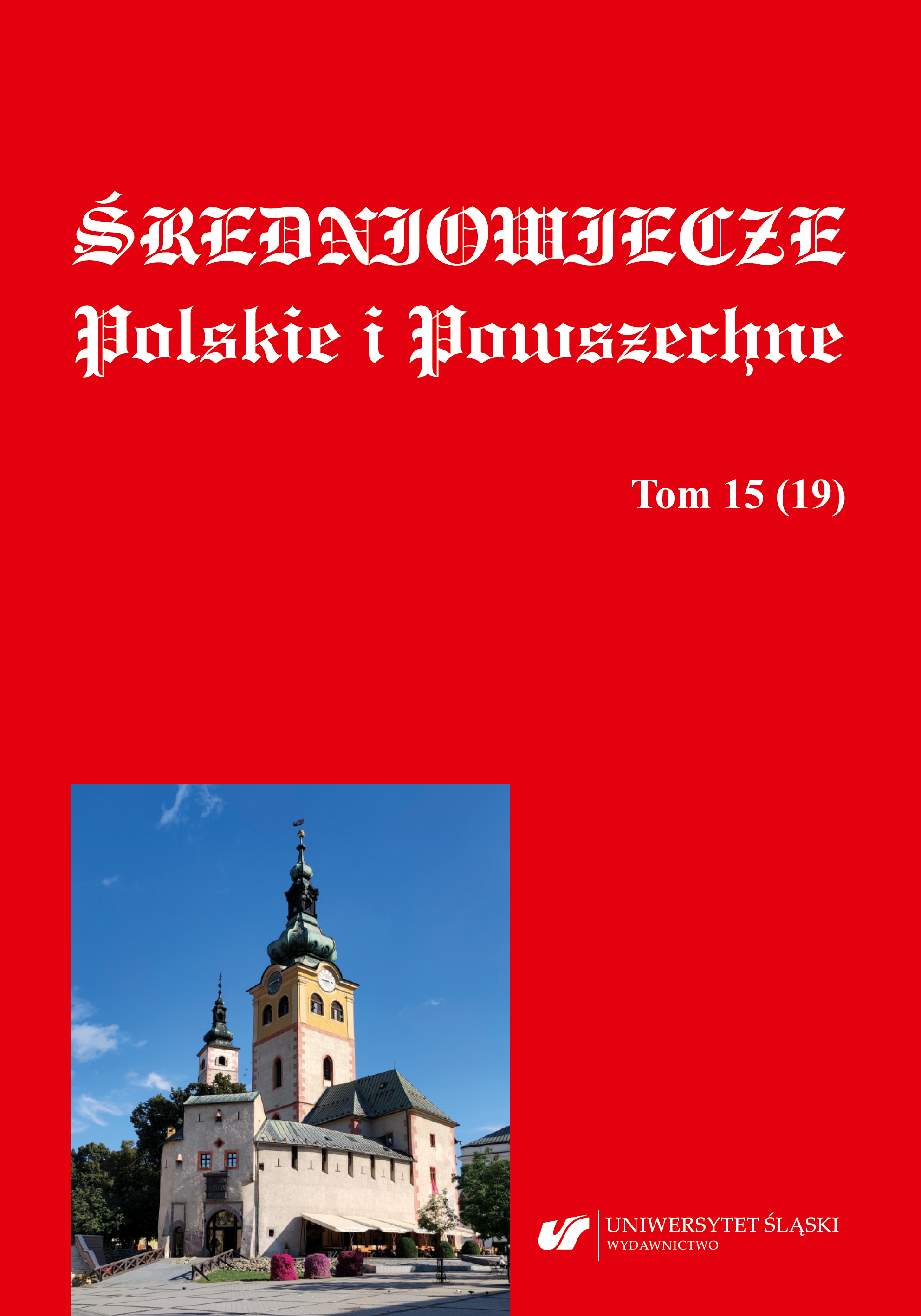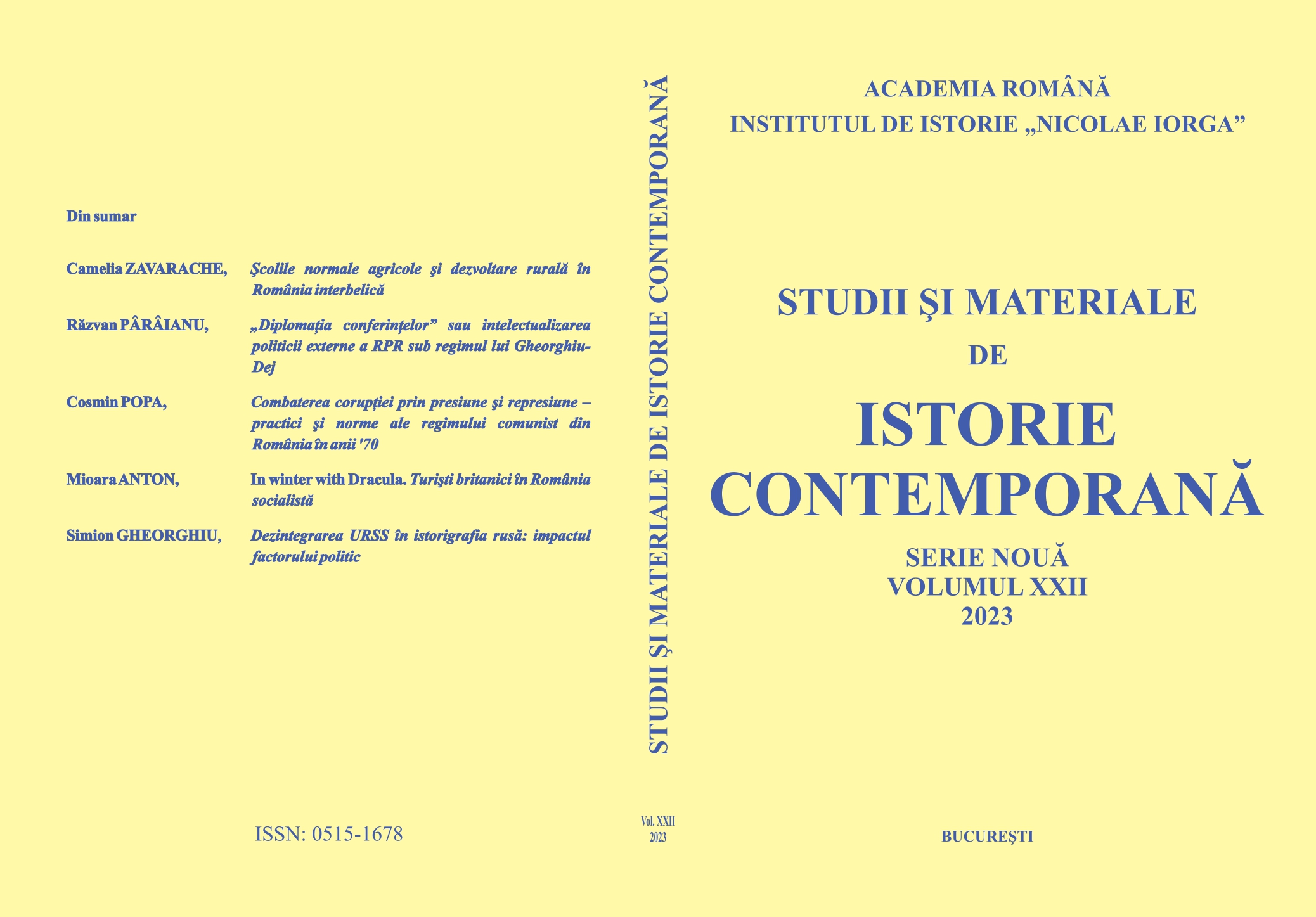
Zanim skrystalizował się zakres badań, czyli o rozwoju nauk o człowieku i rasach ludzkich na ziemiach polskich w drugiej połowie XIX wieku
The article describes the debate of Polish scholars about the purposes and scope of research in the field of anthropology. A number of factors had an impact on the course of this debate and its diverse conclusions. The second half of the 19th century marks an initial period of the development of this branch of study. First anthropologists were physicians from profession and that is why the emphasis was put on the significance of research concerning the physical aspect of humans and the division of humans into different races. At the same time, a need to combine biology with culture and social life of humans arose. This approach was to be supported with the use of sciences considered as auxiliary to physical anthropology such as history, ethnography, ethnology, sociology, linguistics, and archeology. The reception of the Western science did not offer readymade patterns. In fact, in the West, a number of established scholarly attitudes existed simultaneously, and were shaped by independent specific national traditions. Moreover, the split of human sciences into separate disciplines had not been completed yet. Accordingly, synonymic terms such as anthropology, ethnology, and ethnography were still in use interchangeably in Poland.Polish scholarly writings as well as works popularizing science – both are sources of material in this article – played a significant role in elaborating a way to understand the emerging human sciences. The problem of anthropology was thus introduced and a wider circle of readers became interested in it. Without independent Polish studies and without the reception of foreign research during the period of partitions in Poland, human sciences would not have developed after 1918 in the sovereign Polish Republic.
More...






